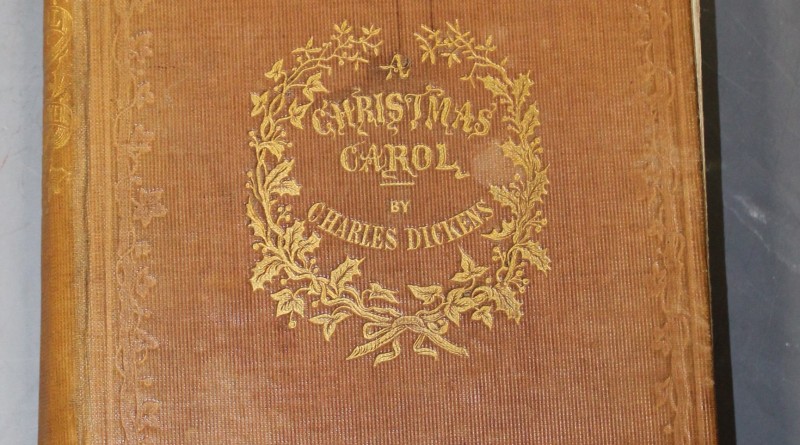English Literature
In English Literature at Key Stage 3, GCSE and A-Level, I help my students uncover the deeper meanings in novels, plays and poetry, and increase the pleasure they take in reading, as students succeed when they enjoy the process of discovery.
Key areas we work on include the close reading of short extracts, and relating these extracts to the whole work and its contexts. Examination in GCSE English Literature is now ‘closed book’, and so the need for a thorough knowledge and understanding of whole novels and plays is more important than ever.
Poetry is another area which typically requires more development due to the more unusual nature of the language used, and I specialise in developing close reading skills in poetry, both in the anthology and unseen, necessary for revealing the rich layers of meaning and emotion they contain.
Shakespeare
Shakespeare is a unique figure in our culture whose works link both back to Greek drama and forward to our own time. His plays deal with universal themes such as life and death, love and hate, loyalty and betrayal.Through close reading with my students , I help them to overcome the initial difficulties with Shakespeare's language, and position them well to give excellent answers to thematic and character-based questions in the GCSE and A level English Literature examinations.
The depth of imagery in Shakespeare forces students to think hard about the subject matter from many angles, rather than being satisfied just having their ‘buttons pushed'. It is worth saying that much of this imagery is fairly transparent once it is explained, and not just in the mind of the English teacher!
The 19th Century Novel
With 19th century novels, tutorial sessions focus on really sharpening students’ reading skills. The writers often use long, complex sentences and an extensive vocabulary. The reward is easily worth the effort, however, as the stories are brilliantly plotted, full of food for thought, and much less formal and stuffy than is often supposed.
I work extensively with students on developing their appreciation of theme, character analysis and examination technique, whether for Key Stage 3, GCSE or A-Level English Literature. Reading the 19th century novel is also good preparation for the GCSE English Language paper; by appreciating language and context, we get to grips with the 19th century non-fiction in paper 2.
Modern Drama
As with Shakespeare and the novel, in modern drama we investigate themes and characters via short extracts, and then relate these to the whole play. I ensure that students can relate the plot and the writer’s treatment to context, which is now assessed somewhat differently, and must be totally relevant and integrated with the points that exam candidates are making. We also focus on developing more accurate and insightful answers to exam questions by using the precise terminology when explaining language and literary techniques and their effects.
The Modern Novel
Students of GCSE English Literature are often examined on their understanding of the themes or characters in a 20th Century novel, rather than a play. They are assessed similarly, but language is used in a different way in the novel. We study the ways that authors present complex issues in 20th Century classics such as Lord of the Flies and Animal Farm. Works such as these require students to engage with plot, theme, character and context, but also the writers’ arts such as satire and allegory. I help students understand the finer points of the craft to gain a deeper understanding of the ways that authors convey their messages.
The Poetry Anthology
In poetry anthology sessions, we use themed poems to consider the different ways that poets have used their craft to present similar subject matter in unique ways. I help students to group poems together in various ways, so that they can make perceptive comparisons, as required by the GCSE and A level examinations.
While the language of poetry can seem unfamiliar, the basic meanings are usually fairly clear, so I support students to go beyond mechanical readings of the poems to appreciate how the poets, like all artists, present ideas and emotions in ways that encourage us to see things with a fresh pair of eyes.
Unseen Poetry
The unseen poetry is where students really get the opportunity to show off their analytical skills, since it is highly unlikely they will have read or studied the poems before the exam. In our sessions, we study the techniques specific to poetry - form, lines, stanzas, rhyme, rhythm, imagery and other sonic, linguistic and literary aspects of the poem.
Poetry can be confusing to students, so we study alternative interpretations, since the best students recognise that there is more than one possibility and weigh these up, rather than trying to force the poem to mean just one thing rather than another.
Writing with Precision - Accuracy and Terminology
Good writing combines a number of skills to produce a high-quality end result. Students usually benefit from editing their work for precision and concision, so that they can make their points quickly and effectively in the examinations, and in their writing elsewhere. I conduct sessions in academic writing, designed to maximise the student’s potential, and address any difficulties in written expression.






